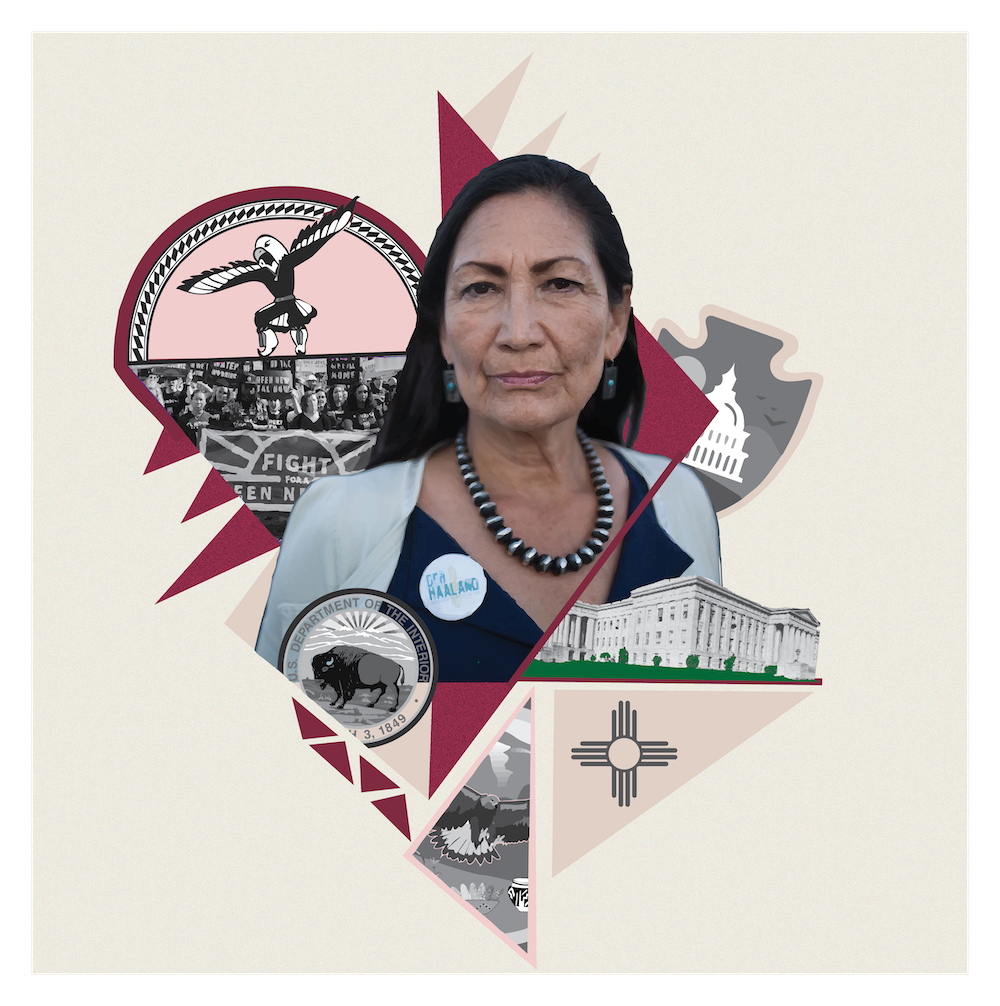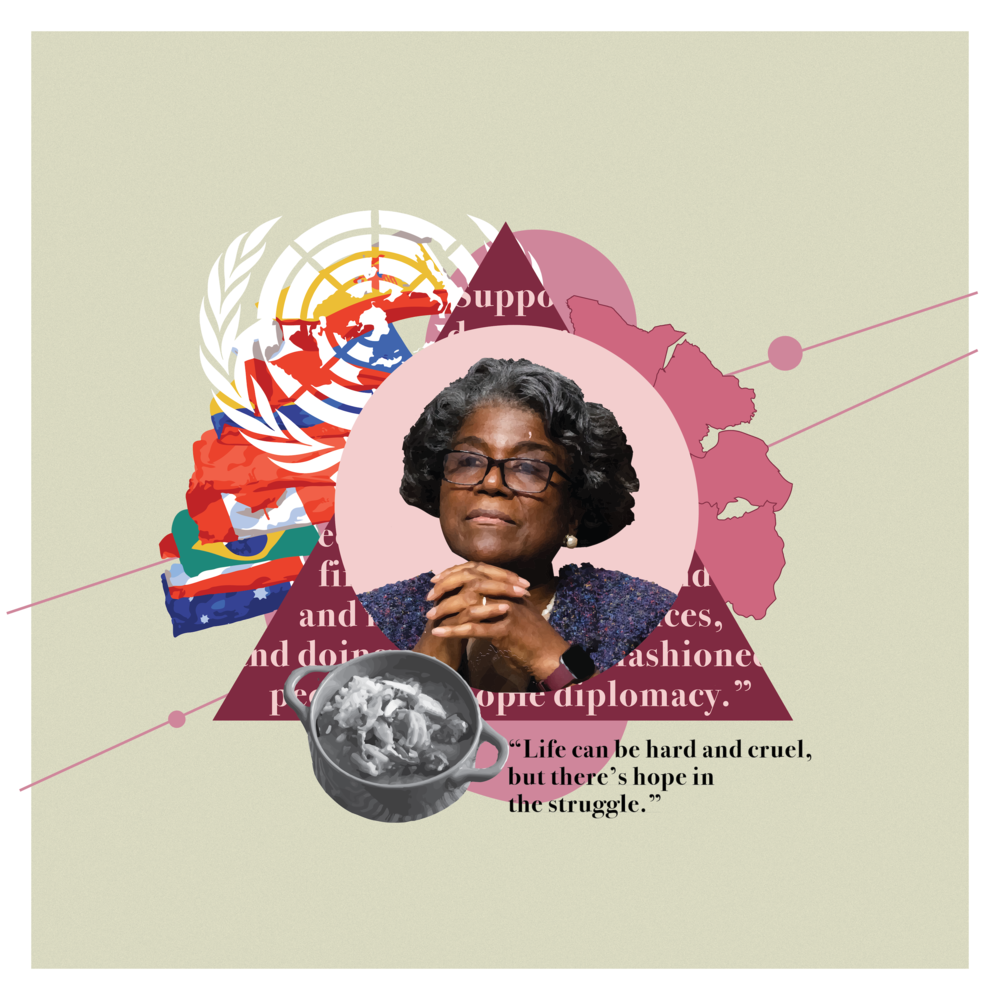“Mental health is the collateral damage of the pandemic. It’s the challenge of the times, and it’s time to double down on resilience.”
Remember when one of the buzzwords at the start of the Covid pandemic was ‘reset’? I used it a lot as I tried to frame the dramatic changes we were all experiencing in the ways we lived and worked, especially during lockdowns and travel bans.
The frame ‘reset’ was, for some of us, intended to be positive — that the impact of the forced behavior changes we were witnessing in clearer skies and better air, due to fewer cars on the roads and planes in the air, and the experiences of more family togetherness — would be part of a permanent reset of priorities. Certainly, in my conversations, I heard expressions of belief that we could use the crisis to find ways to work with less stress, to be more committed to sustainability in all our activities and to find more joy in ourselves and relationships.
Sadly, for way too many of our friends, families and colleagues, this time of isolation (isolation that continues with remote work, and yes, Covid still being a threat) has been far from a positive reset. In fact, we are seeing evidence every day that mental and emotional struggles have increased, and families and businesses have had to respond. Recently, Arianna Huffington, founder of THRIVE GLOBAL and Society for Human Resource Management (SHRM) launched a program to elevate the growing crisis and offer solutions.
During the pandemic "employee well-being and mental health have moved to the center of the business agenda," says Arianna. "Business leaders have seen firsthand the growing mental health crisis and responded to the urgent need for employers to support the well-being of their employees."
To address the current crisis, Thrive has introduced the Mental Health Pledge (#MentalHealthPledge), a new initiative produced in partnership with the Society for Human Resource Management (SHRM). More than 80 companies joined them in their launch last week that included a full-page ad in The New York Times.
In a full-page ad in today's @nytimes, Thrive and @SHRM have brought together over 80 companies to pledge to continue prioritizing their employees’ mental health and well-being through the challenging times that lie ahead. Take our #MentalHealthPledge: https://t.co/24ipkiqRz6 pic.twitter.com/WxsUUsGVBy
— Thrive (@thrive) June 7, 2022
"We created the pledge out of concerns we’re hearing that as the economic times are getting tougher, the advances during the last two years in terms of mental health and well-being could be lost," she told Fast Company magazine. "What makes it more urgent is the mental health crisis is getting worse."
"During the pandemic, 92% of companies expanded support for mental health and well-being, sleep improvement, and resilience. Many companies have increased support for caregivers. All of that is part of how you support an employee’s mental health. Right now, companies are looking at budgets and what to cut — [and] we want them to put a fence around mental health and well-being spending."
Burnout Is a National Crisis
I probably don't need to tell you this, but studies show that "nearly 8 in 10 U.S. employees now experience work-related stress, with burnout at 'all-time highs across professions,'” according to the American Psychological Association. (That study was titled "Burnout and stress are everywhere.")
"Mental illnesses are common in the United States. Nearly one in five U.S. adults live with a mental illness (52.9 million)," reported the NIH in 2020. Roughly half of U.S. workers have access to employee assistance programs, according to the federal Bureau of Labor Statistics. And the World Health Organization reports "that for every $1 companies put into workplace mental health programs, they get $4 back in increased productivity and better health outcomes," writes Clark Merrefield at The Journalist's Resource.
The pledge is live at pledge.thriveglobal.com, where they will be collecting additional signatories over the coming weeks.
In addition to employee assistance programs that help people get the help they need, Arianna hopes that companies will also provide supportive work environments as companies decide whether to ask employees to return to the office or adopt hybrid options for remote work.
"We need to avoid regressing to pre-pandemic work culture and that means we need to avoid regressing into cultures driven by burnout," Arianna told Bloomberg TV. "Whether people work in a hybrid environment, remote, or back in the office, everybody has to be much more intentional about building the social capital that we do lose when people are not physically together all the time… A lot of work has to be done to navigate the new world order, whatever model a company chooses."
I love the idea of being more intentional about building social capital in the post-pandemic workplace. Isolation and lack of human connection is not only damaging to our mental health, it's also damaging to our society and, of course, our democracy.
I'll be writing more about some of the positive steps that companies are taking to improve social capital and support employees in an upcoming newsletter. The pandemic provided so many lessons that we can learn from and, hopefully, use to build better workplaces with more sustainable work habits to improve everyone's well-being.
I hope you'll start by signing onto the #MentalHealthPledge today and remembering the vulnerability that we all felt and loss we experienced due to this virus and embracing the opportunity it gives us to reset our priorities of care for ourselves and others.
Onward!
- Pat









